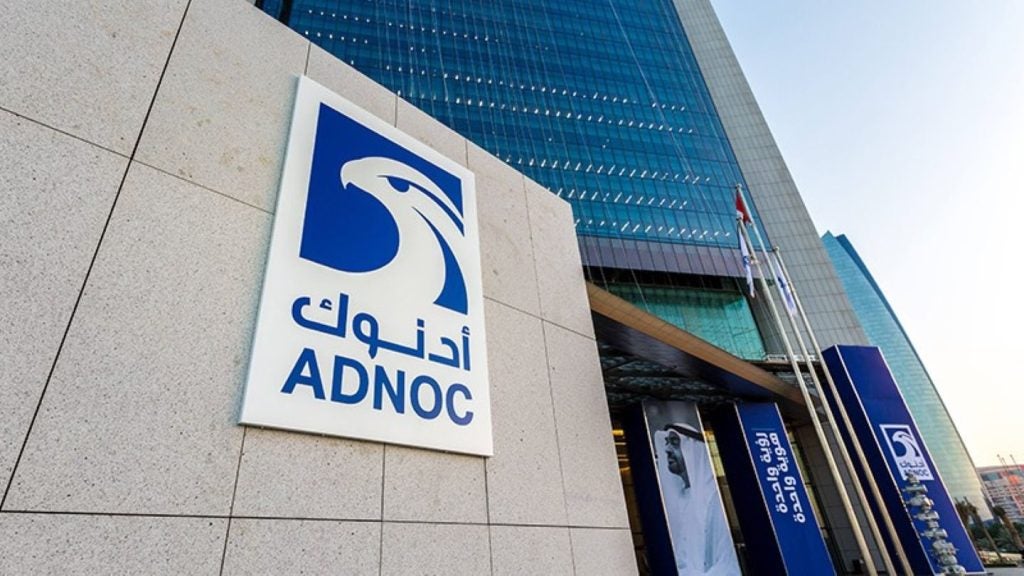The latest Powering Possible report from Abu Dhabi National Oil Company (ADNOC) and Microsoft highlights that AI adoption is considered essential for transformation in the energy sector, with 88% of surveyed leaders stating that scaling AI is critical to achieving energy goals.
Based on insights from more than 850 global experts across energy, technology, AI, academia, and finance, including leaders from OpenAI, TotalEnergies, and the International Energy Agency, the report marks a shift from AI pilot projects to widespread deployments across the industry.
According to the 2025 report, nearly nine in ten companies have increased their investment in AI and digital infrastructure since 2024.
Of the surveyed companies, 73% are deploying AI across multiple business functions, and one in five are already using agentic AI to automate complex decision-making processes. This highlights AI’s current role as a valuable asset within the sector.
According to the report, AI is expected to have a significant impact on energy distribution and emerging energy solutions.
Key applications include predictive maintenance, smart grid management, real-time demand forecasting, and energy optimisation.
To support AI’s role, investments in grid modernisation (55%), energy storage (38%), and advanced materials such as high-efficiency conductors (33%) are considered essential by those surveyed.
ADNOC managing director and group CEO Sultan Ahmed Al Jaber said: “AI is no longer a future promise for the energy sector; it’s delivering real impact today from predictive maintenance to AI-optimised grids.
“At ADNOC, we’re embedding AI as a core capability across our operations, driving transformation at scale with measurable gains in reliability, efficiency, and sustainability.
"This report reflects the sector’s progress and provides a roadmap for what comes next - investing in talent, scaling proven solutions, and aligning policy with innovation. The next step is clear: move faster, together.”
The report highlights that unlocking AI’s full potential in the energy sector is dependent on the alignment between both industrial leadership and technological innovation.
Despite the momentum, several challenges persist. Cybersecurity has now surpassed cost as the leading concern for AI adoption, cited by 49% of respondents.
As AI adoption expands, ensuring access to reliable and sustainable energy is becoming a key strategic priority.
Microsoft vice-chair and president Brad Smith said: “Meeting the demands of both the AI era and energy transition will require more than ambition - it will take strong partnerships and innovation.
"That’s why Microsoft is working closely with energy leaders to reimagine power systems, develop talent, and build responsible AI practices.”
The report finds that AI is helping to optimise grids, reduce energy consumption and emissions, and drive new efficiencies throughout the energy value chain.
Simultaneously, AI’s rapid growth is transforming both electricity demand and supply, creating a need for faster investment in resilient infrastructure.
The main challenge and opportunity is to align these developments to accelerate progress towards a more sustainable, secure, and inclusive energy future.
The Powering Possible 2025 report comes before the ENACT Majlis event in Abu Dhabi, where ADNOC will join over 80 leaders from the global energy, finance, technology, and AI sectors, as well as senior government officials, in order to discuss the future of energy systems.









